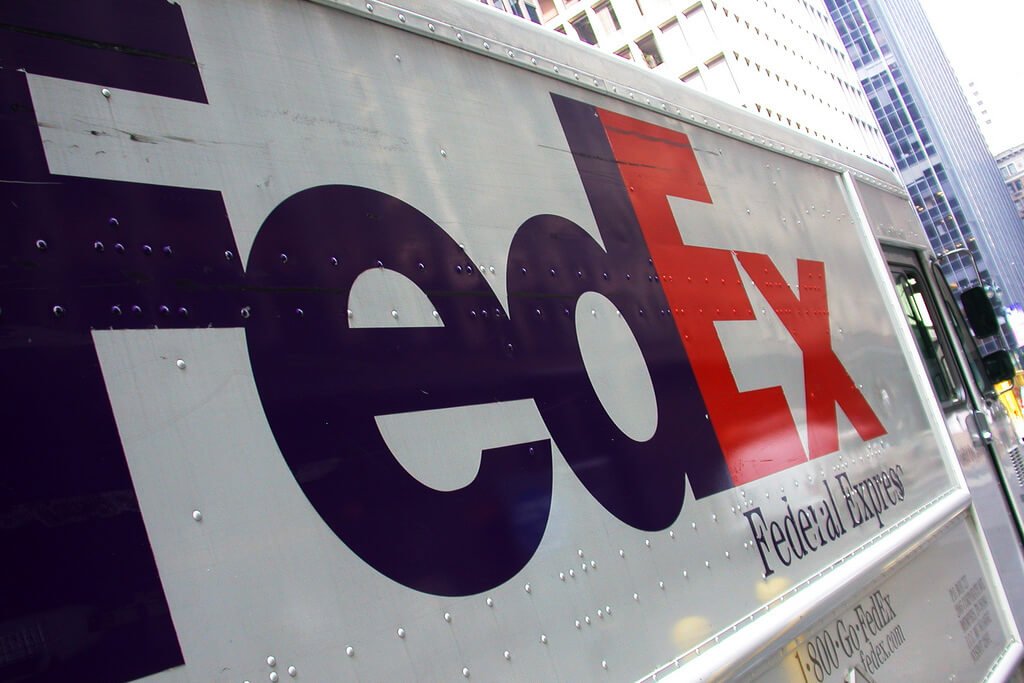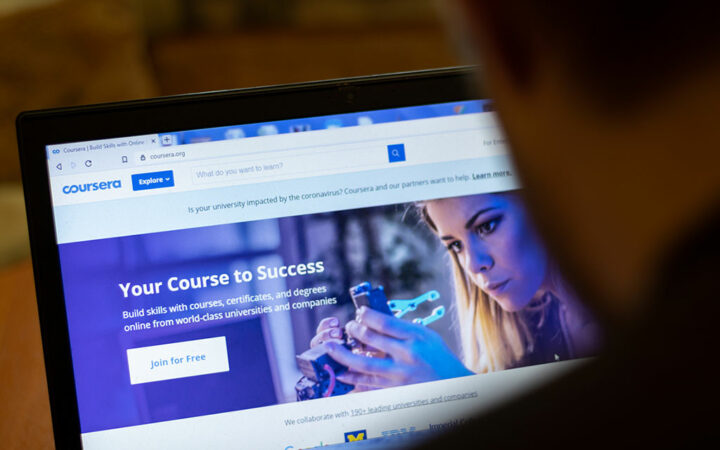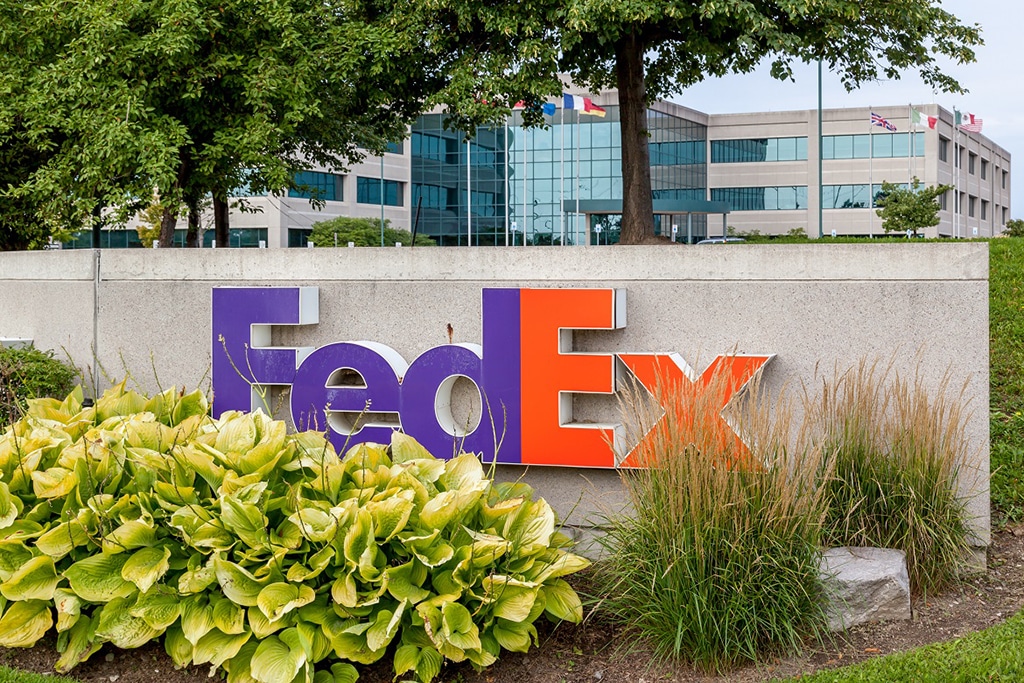
Darya is a crypto enthusiast who strongly believes in the future of blockchain. Being a hospitality professional, she is interested in finding the ways blockchain can change different industries and bring our life to a different level.
The organizations will desing the platform to recover unused drugs from cancer patients. This would allow these drugs to be passed on to economically disadvantaged patients who would not be able to afford them on a regular basis.

The FedEx Institute of Technology and Memphis-based pharmacy services company Good Shepherd Pharmacy have partnered with the aim to develop a blockchain infrastructure that will help cancer patients get quicker access to vital medications.
FedEx is an American multinational courier delivery services company headquartered in Memphis, Tennessee. The name “FedEx” is a syllabic abbreviation of the name of the company’s original air division, Federal Express, which was used from 1973 until 2000. The company is known for its overnight shipping service and pioneering a system that could track packages and provide real-time updates on package location (to help in finding lost packages), a feature that has now been implemented by most other carrier services.
In February, FedEx joined the Blockchain in Transport Alliance, a group focused on using blockchain technology to improve logistics management. Prominent members of the association include rail operator BNSF, GE Transportation, and JD Logistics.
Good Shepherd Pharmacy is a nonprofit membership pharmacy, serving both uninsured and underinsured Tennesseans. Good Shepherd members pay a low monthly fee and get all their prescriptions at cost, with no markup. A portion of each membership goes toward sponsoring a low-income member that cannot afford membership fees. We save our members 60-90% each month.
The organizations have cooperated to to develop a new blockchain based infrastructure. This infrastructure will enable cancer patients get medications.
Good Shepherd Pharmacy recognized blockchain as a means to retrieve unused medications from cancer patients earlier. It is possible to provide such medications for patients who can not afford them. Due to distributed ledger technology, medical information will be distributed securely.
Commenting on the deal, Good Shepherd Pharmacy CEO Phil Baker said:
“In Tennessee alone, over $10 million worth of perfectly good prescription medication gets flushed down the toilet every year. Blockchain is the solution for that problem. The REMEDI project (REclaiming MEDicine) will divert valuable medication into the hands of patients who would not otherwise use it.”
According to FedEx CEO Fred Smith, blockchain is “the next frontier that’s going to completely change worldwide supply chains.”
Cody Behles, FedEx Institute’s Innovation and Research Support’s assistant director, said:
“One of the most valuable resources universities can provide to the innovation ecosystem is the space to explore new ideas and opportunities in an unrestrained environment.”
Behles added:
“Memphis is attracting next-wave startups that recognize that setting up shop in traditional renovation markets like San Francisco is not always the best business decision. We are here to cultivate collaboration through aligned partnerships and amplification or opportunity.”
FedEx Institute is planning to conduct an event called “hacknight” with Blockchain 901. The event will take place on July 10th at the Fishbowl and will discuss expanding Memphis’ technology workforce.
Blockchain’s effect on the pharmaceutical industry cannot be underestimated. This partnership is not the first time of using blockchain in healthcare. As was previously reported by Coinspeaker, blockchain technology is ready to restructure the healthcare industry. In March of this year, a startup Healthureum was set to revolutionize healthcare industry with the power of blockchain and smart contracts technology, providing multifarious healthcare solutions to consumers and healthcare institutes.
As can be seen from the foregoing, blockchain can be really helpful in saving people’s lives, and this latest partnership can only mean good things for those living with cancer.

Darya is a crypto enthusiast who strongly believes in the future of blockchain. Being a hospitality professional, she is interested in finding the ways blockchain can change different industries and bring our life to a different level.




